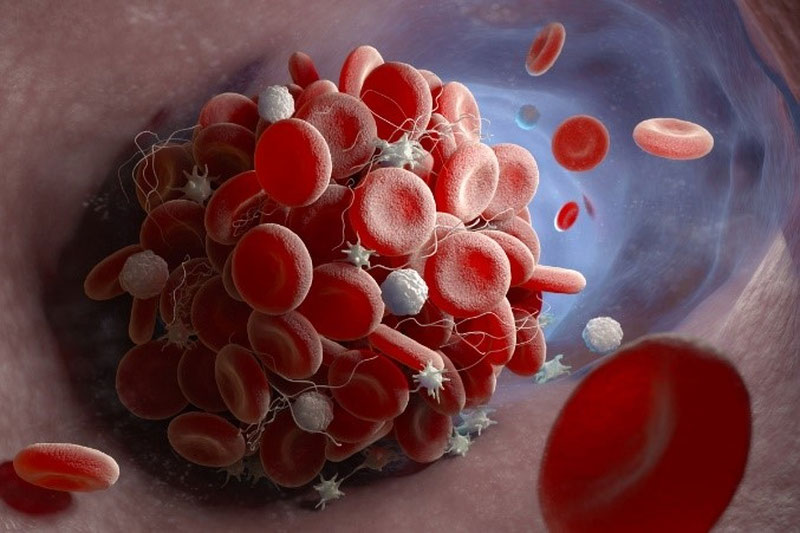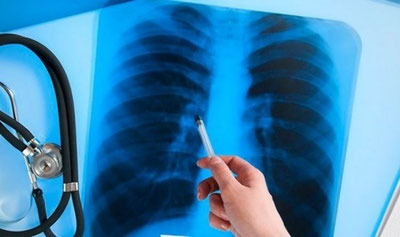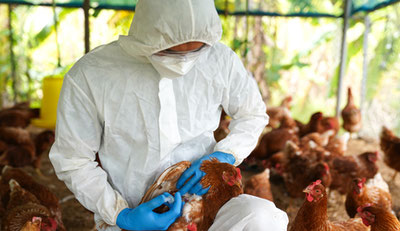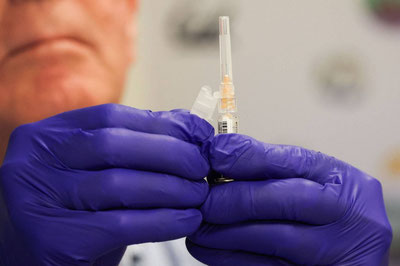The Press Service of the Ministry of Health Information provided information about the health risks associated with this.
— Blood is an important fluid that supplies human organs and tissues with oxygen and essential nutrients, — says Orifjon Aripov, the Director of Tashkent City Medical Advisory Diagnostic Center, Doctor of Medical Sciences. — It fights against infections and participates in the functioning of internal organs.
Blood clotting disrupts these processes in the body. As a result, hidden diseases may emerge or new ones may develop.
In some cases, illness or external factors cause blood composition to change, leading to either an excessive thickening or, conversely, thinning of the blood. Its thickening causes circulatory disruption and the formation of clots in the vessels.
This, in turn, increases the likelihood of strokes and heart attacks. Its thinning leads to bleeding, bruising, and the appearance of blood clots in the patient's body.
In both cases, prompt medical precautions are necessary.
Blood thickening is often caused by severe stress, diabetes, as well as sweets, potatoes, bananas, eggs, soft drinks, fast food, and various fried dishes.
Moreover, this condition can also result from drinking insufficient fluids and due to the sudden rise in air temperature.
In hot weather, blood thickening is related to the body's dehydration. In the heat, water evaporates from the body with sweat.
This – leads to the thickening of the blood, making its circulation difficult and increasing the risk of clot formation.
As a result, a person may experience headaches, dizziness, depression, memory deterioration, weakness, drowsiness, cold extremities, and dry mouth.
There might be rapid heartbeats, shortness of breath, the appearance of bruises in various parts of the body, and changes in the shape of nails. Even, if the brain does not receive enough blood, vertigo and fainting are possible.
These negative conditions indicate circulatory disruption and clot formation in the vessels. Consequently, the risk of stroke and heart attack increases.
To prevent blood thickening in hot weather, it is necessary to drink an adequate amount of liquids. The best options are natural pure water, and non-carbonated, non-cold tea is also acceptable. However, carbonated drinks are strictly not advisable.
It is appropriate to consult a doctor for blood condition checks. If medical examinations reveal the blood is excessively thick, necessary treatments will be prescribed.
However, it is not safe to take blood-thinning medications on one's own accord. Because excessive thinning can lead to uncontrollable bleeding in case of injuries.






